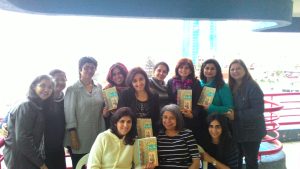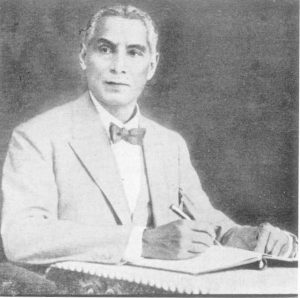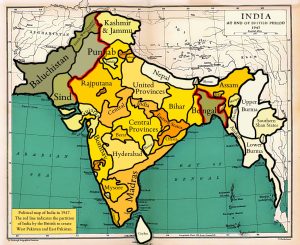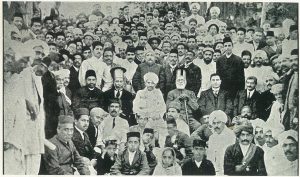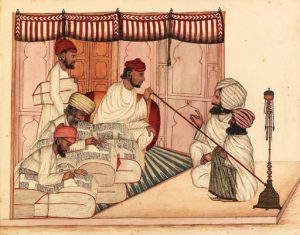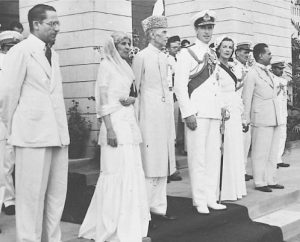
S 2 | Ep 1 – Shamlu’s Sindh stories
Shamlu Dudeja was born in Sindh, and in this episode she talks about her life as a child there, going to school in Karachi, and visiting the family’s pir Nasir Faqir Jalalani, in his village. One of her spectacular memories is of 14 August 1947 and seeing the flag of Pakistan being hoisted for the first time in history.

